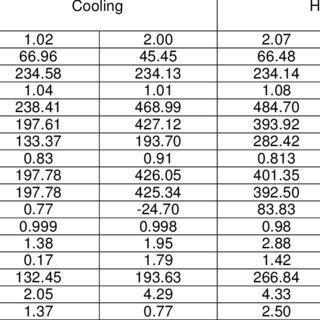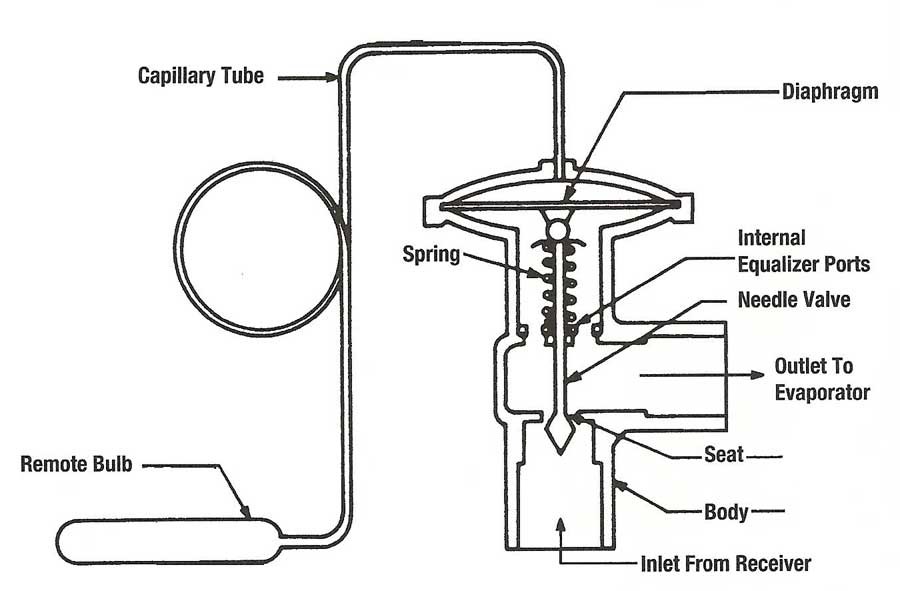Air Conditioning Electricity Consumption
How much space-cooling electricity do you require for your office or home? There are numerous steps that can reduce the consumption of the energy. Here are a number of them.
Air Conditioning Electricity Consumption

In homes, it’s suggested to turn down the thermostat in the winter months and during summertime when natural ventilation is minimal. This measure has a dual purpose. It helps in energy conservation and in the same time reduces air-conditioning electricity consumption. A big space cooling system at the northern area will consume more power than a similar sized system at the southern portion of the nation. So, it’s suggested to take steps to make the temperature in homes uniform. This will aid in cutting down on the usage of air conditioners.
Air Conditioning Electricity Consumption
It’s good to set up window units in homes since they assist in increasing the savings on air conditioning power consumption. Window units permit cooling of more inside space by opening the unit. On the other hand, using compact radiators aids in maximizing space utilization and cutting down the consumption of central ac. Radiators heating up the room and the direct heat of the sun is absorbed by the device.
Air Conditioning Electricity Consumption
The size of the cooling unit is also an important factor to be considered. It ought to be in sync with the typical indoor temperatures to ensure proper cooling. An AC which has a cooling capability that is lesser than the mandatory one means you will be wasting money as well as electricity.
Air Conditioning Electricity Consumption
This may appear trivial, but you would be surprised to know that this factor accounts for a massive amount of savings. Houses that suffer from a lot of harm are prone to expensive repairs and replacements. Additionally, these repairs will have precious moment. On the flip side, houses that have weatherization installed experience a substantial decrease in the usage of AC electricity. When compared to homes which do not have any weatherization, the savings created on AC intake per year are obvious.
This is perhaps one of the most overlooked areas in the sphere of energy efficiency. This is because most men and women tend to concentrate on the costs and don’t pay much attention to the caliber of the installed devices. In fact, many builders tend to select standard air conditioning electricity use because it’s cheaper. However, ignoring quality may lead to a tragedy in the not too distant future.
In order to receive a clear picture, it’s important to perform a detailed analysis of the state of your heating energy consumption. You need to note down the observations made for every day, every month, and every year. After making a comprehensive analysis, examine the data and note down the observations created for every month, every year, and also the total number of months that you could discover the trend in consumption. This will help you determine the areas that require weatherizing and the ones that need only maintaining. By taking away the unnecessary measures installed, you’ll be left with those who enhance your comfort level.
In the event the total consumption during the hot months and also the cool months are increasing, then you may either think about purchasing new AC systems or simply change the existing ones using post-weatherization measures installed. The latter can consist of things like changing the seals on vents and the doors; placing insulation panels and door frames; installing efficient heaters; and other similar steps. However, if your house is still experiencing a great deal of problems regardless of the installation of these modern-day apparatus, then it may be a case of buying new ACs. It’s very important to mention that the prices of those units are falling quite a bit lately. There is also a broad selection of models available on the industry nowadays. This usually means that there are several types of post-conditioning units available for those houses which have been struck by harsh weather.
